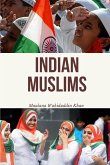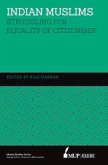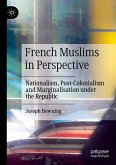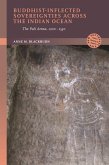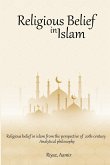This book, authored by the well-known academic and writer Moin Qazi, represents a pivotal step in our mission to rejuvenate historical research. Its principal objective is to clear several misconceptions that have distorted the harmony between Hindus and Muslims, who were otherwise sharing a loving and affectionate syncretic culture that permeated their societies for several ages. It aims to uncover new perspectives and contribute to a more nuanced understanding of India's historical trajectory in Indian history. For some observers, two religions could not be more distinct than Hinduism and Islam. As Westerners have reported for centuries-and as some Hindus and Muslims themselves still explain-one tradition venerates images while the other eschews them. One reveres cows while the other sacrifices them. One embraces multiple deities, while the other accepts only one. Such oversimplifications, of course, rely upon reified notions of "Hinduism" and "Islam". It would be more valuable and feasible if we try to merge the common elements of the two religions, which have long past shared familiar contours of cultural ancestry. There are commonalities between Hindu and Islamic ideas, some advocating friendship while others stressing differences to maintain communal distinctions. Within this diversity, tensions persisted between desires for closeness and the preservation of communal boundaries and hierarchy. In doing intra-Muslim diversity, it resists facile binaries of secular and non-secular, 'good' and 'bad'.
Hinweis: Dieser Artikel kann nur an eine deutsche Lieferadresse ausgeliefert werden.
Hinweis: Dieser Artikel kann nur an eine deutsche Lieferadresse ausgeliefert werden.


